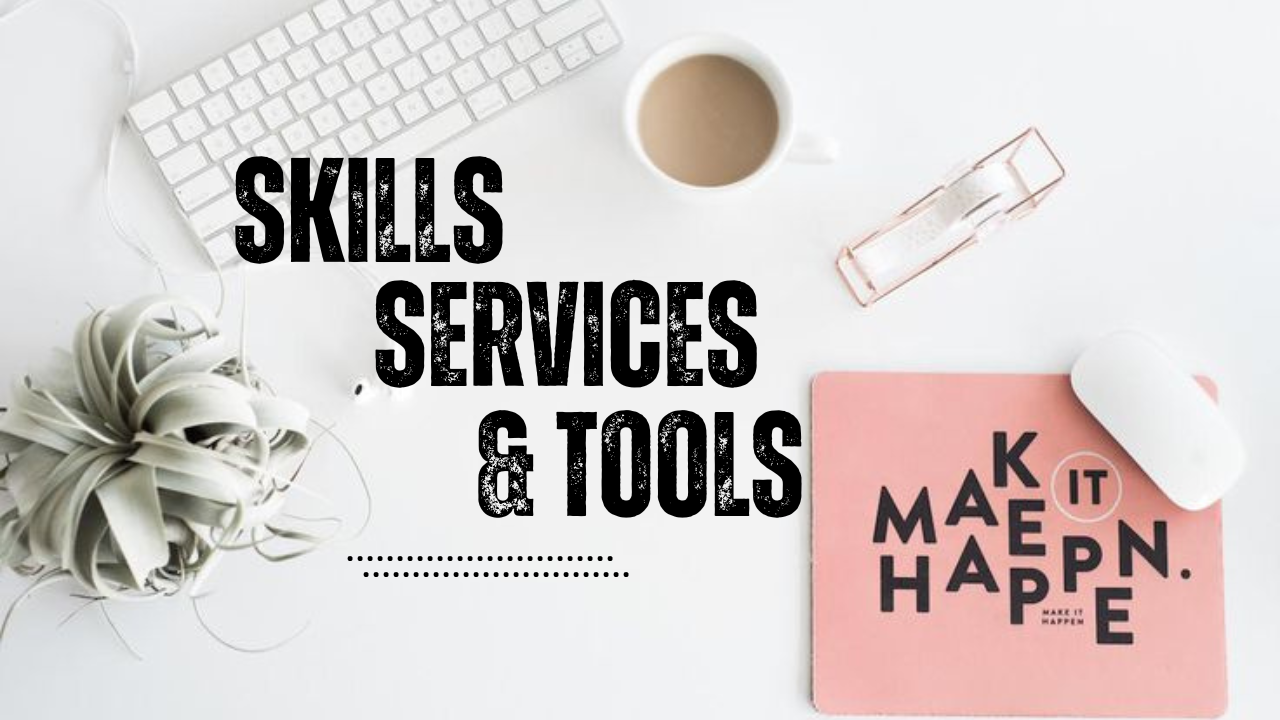Copy Writing

Mastering Emotional Control: A Guide to Emotional Intelligence
Emotions are an integral part of the human experience. They can inspire us, drive us to achieve great things, and deepen our connections with others. However, they can also overwhelm us, cloud our judgment, and lead to regrettable actions if not properly managed. Controlling one's emotions is not about suppression but rather about understanding, regulating, and channeling them effectively. Here’s a guide to mastering emotional control and enhancing your emotional intelligence.
Understanding Emotions
Identify Your Emotions:
- The first step in controlling emotions is recognizing them. Are you feeling angry, sad, anxious, or happy? Identifying your emotional state can help you understand what’s driving your reactions.
- Practice mindfulness or journaling to become more aware of your emotional triggers and patterns.
Understand the Source:
- Once you identify the emotion, delve deeper into its source. What events or thoughts triggered this emotion? Understanding the root cause can help you address the underlying issues.
Strategies for Emotional Regulation
Pause and Breathe:
- When emotions run high, take a moment to pause and breathe deeply. This simple act can calm your nervous system and give you a moment to collect your thoughts before reacting.
- Practice techniques like deep breathing, progressive muscle relaxation, or meditation to center yourself.
Cognitive Reappraisal:
- Reframe your thoughts to change your emotional response. For example, instead of seeing a critique as a personal attack, view it as an opportunity for growth.
- Challenge negative thoughts and replace them with more balanced, positive ones.
Express Emotions Constructively:
- Find healthy outlets for your emotions. Talking to a trusted friend, writing in a journal, or engaging in creative activities can help you process and release pent-up feelings.
- Use “I” statements to communicate your feelings without blaming others. For example, “I feel upset when you do X because it affects Y.”
Building Emotional Resilience
Develop Empathy:
- Understanding and sharing the feelings of others can enhance your emotional intelligence. Empathy fosters better relationships and can help you navigate social interactions more effectively.
- Practice active listening and try to see situations from others' perspectives.
Cultivate Positive Relationships:
- Surround yourself with supportive and positive people. Healthy relationships provide a buffer against stress and can help you manage your emotions better.
- Engage in activities that build social connections, such as community groups or hobbies.
Practice Self-Care:
- Taking care of your physical and mental health is crucial for emotional regulation. Regular exercise, adequate sleep, a balanced diet, and mindfulness practices contribute to emotional well-being.
- Make time for activities that bring you joy and relaxation.
Learning and Growing from Emotions
Reflect on Emotional Experiences:
- After an emotional event, take time to reflect on what happened, how you felt, and how you reacted. This reflection can provide insights into your emotional patterns and help you improve your responses in the future.
- Keep a journal to track your emotional experiences and growth over time.
Seek Professional Help if Needed:
- If you find it challenging to manage your emotions, consider seeking help from a therapist or counselor. Professional guidance can provide you with tools and strategies tailored to your needs.
- Therapy can also help address deeper emotional issues that may be influencing your behavior.
Conclusion
Mastering emotional control is a journey that requires patience, self-awareness, and practice. By understanding your emotions, implementing effective regulation strategies, building resilience, and learning from your experiences, you can enhance your emotional intelligence and lead a more balanced, fulfilling life. Remember, controlling emotions is not about eliminating them but about harnessing their power to navigate life's challenges with grace and confidence.



